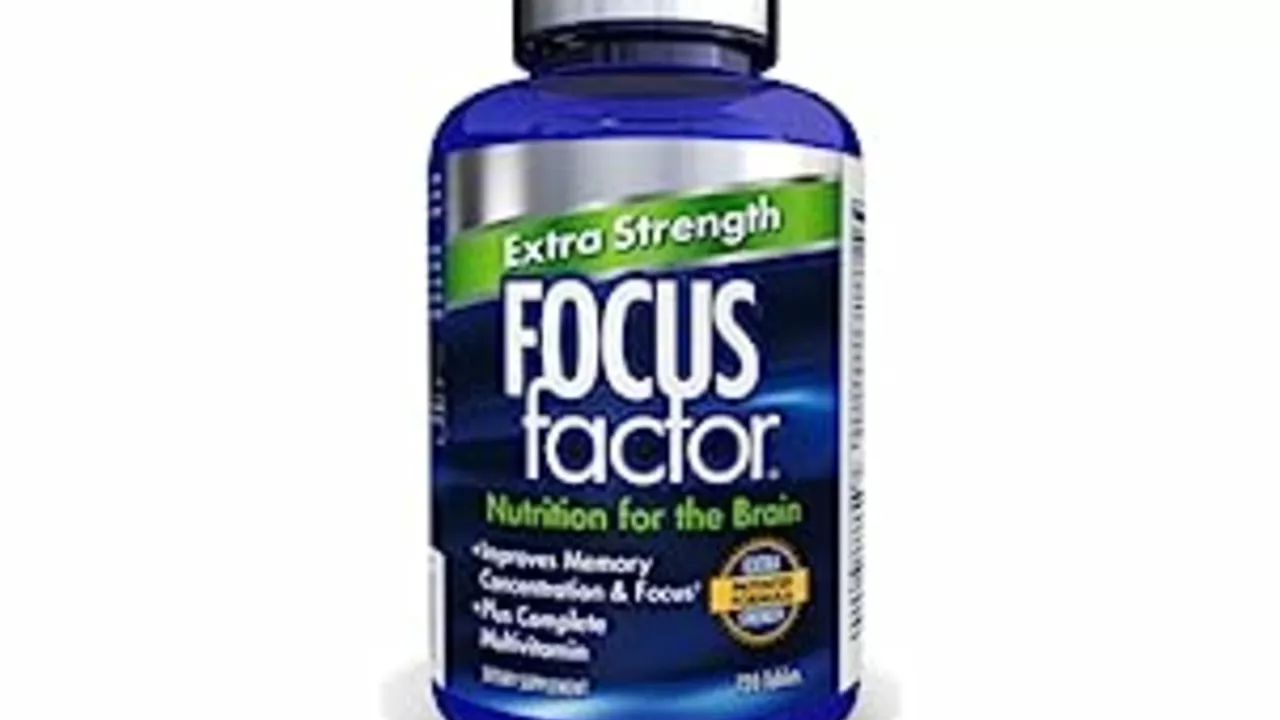Lutein: what it does for your eyes and how to use it
Ever notice how carrots aren’t the only food people link to good eyesight? Lutein is a yellow pigment found in leafy greens, eggs, and some supplements. It sits in the macula (the center of the retina) and acts like a natural sunscreen and antioxidant for your eyes. That matters because protecting the macula helps keep central vision clearer as you age.
How lutein helps your eyes
Lutein filters high-energy blue light and reduces oxidative stress in eye tissue. Clinical studies show higher macular pigment density—often tied to lutein intake—correlates with lower risk of age-related macular degeneration (AMD) progression. For people already diagnosed with early or intermediate AMD, adding lutein (usually with zeaxanthin) is a common recommendation in clinical care guidelines like AREDS2. It’s not a miracle cure, but it’s one of the few nutrients with good evidence for eye protection.
If you spend a lot of time on screens or work under bright lights, lutein may help reduce eye strain and improve visual contrast, which can make reading and night driving easier for some people.
How to take lutein safely
Typical supplement doses range from 6 mg to 20 mg per day. The AREDS2 formula uses 10 mg lutein plus 2 mg zeaxanthin—many eye doctors follow that ratio. You’ll absorb lutein better when you take it with a small amount of fat—try it with a meal or a spoonful of yogurt or olive oil.
Lutein is considered safe for most adults. Side effects are rare but can include mild stomach upset or yellowing of the skin at very high doses. Pregnant or breastfeeding people, and anyone on prescription medications, should check with their doctor before starting supplements. If you have a history of smoking and are considering antioxidant supplements, discuss it with your clinician—specific formulas change recommendations.
Food first: one cup of cooked spinach or kale, or a couple of cooked eggs, gives you a useful amount of lutein. Supplements are handy if you don’t eat greens regularly or if your eye doctor recommends the AREDS2 mix.
When choosing a supplement, look for third-party testing (USP, NSF, or ConsumerLab) and a product that lists lutein and zeaxanthin amounts clearly. Avoid mega-doses unless a specialist advises them. Keep expectations realistic: lutein supports eye health and may slow degeneration, but it won’t restore vision lost from advanced disease.
Want a quick action plan? Add spinach or kale to a couple of meals each week, eat an egg a few times per week, and talk to your eye doctor about a 10 mg lutein + 2 mg zeaxanthin supplement if you’re over 50 or have early AMD. Small changes now can help your eyes later.
Lutein: The Miracle Dietary Supplement for Combating Age-Related Vision Problems
I recently came across Lutein, a dietary supplement that is truly a miracle for combating age-related vision problems. Lutein is a powerful antioxidant found in leafy green vegetables that helps protect the eyes from harmful blue light and oxidative stress. By adding Lutein to our diets, we can significantly reduce the risk of developing age-related macular degeneration and cataracts. I strongly recommend incorporating this supplement into our daily routines for better eye health, especially as we age. Give Lutein a try and see the difference it can make in maintaining your vision!
